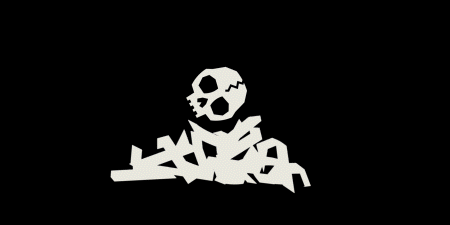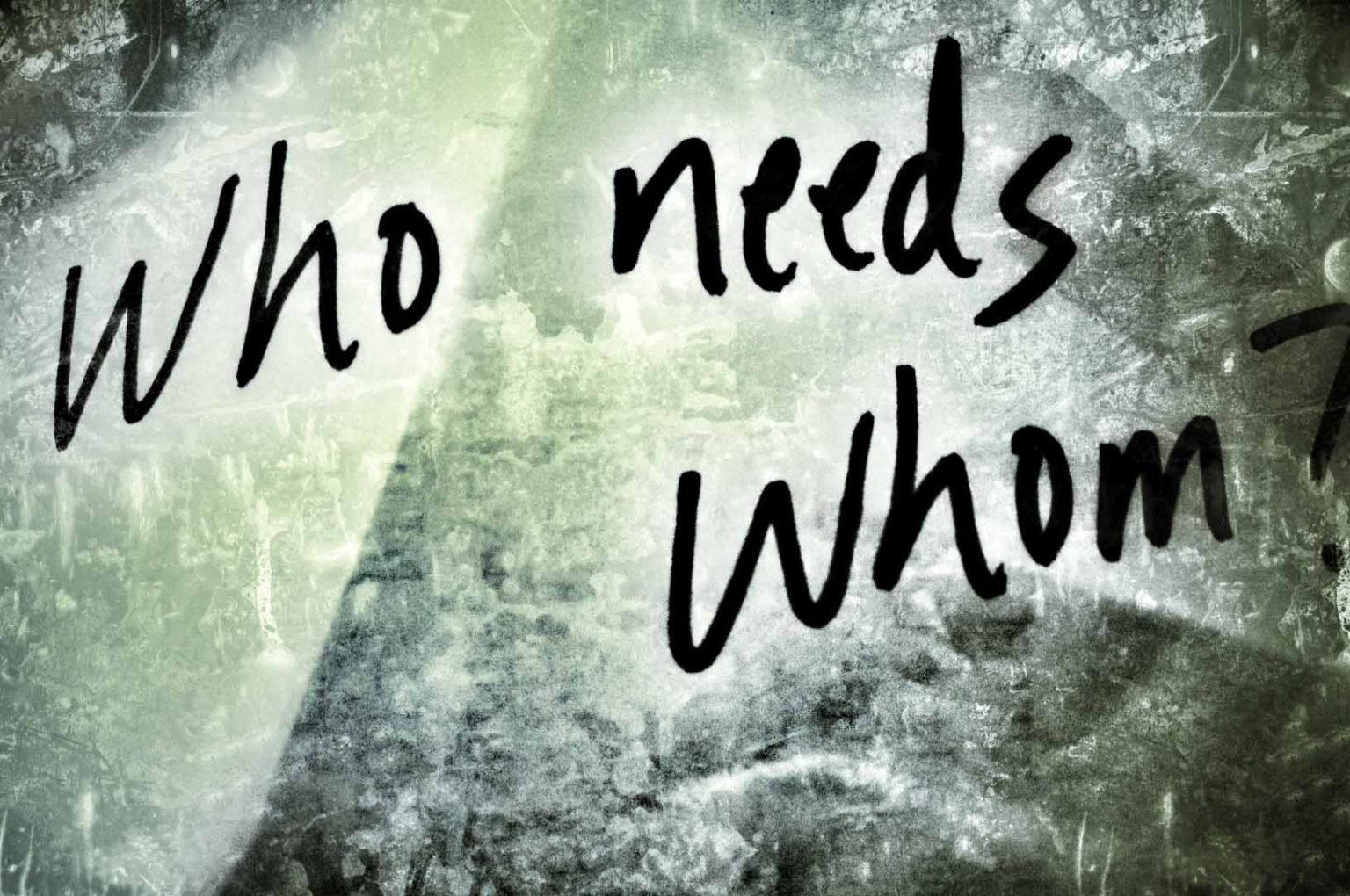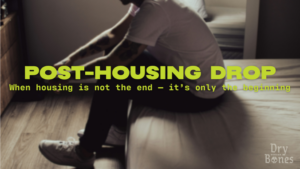by matt wallace
“I know she’s going to kick me to the curb. You’re gonna be walking downtown, and you’ll see me Matt. You’ll say, ‘Why are you down here? I thought you had your life together!’ And I’m like you, Matt. I thought this was it. I thought I had finally done it; thought I’d never go back! I didn’t think I would ever have to sleep under a bridge again. You’ve got to help me!“
Adam had been living comfortably and in a secure apartment for 8 months.
When he was seven years old, a trusted family member had abused him. He ran away from home and quickly ended up living on the couch of a drug dealer and that dealer’s good intentioned girlfriend, Sheila. Sheila had always wanted to be a mom. She would serve that role in Adam’s life for the next couple of years. Eventually, meth took over the home and Adam’s life. He would live on and off the streets for the next 17 years.
I met Adam 12 years ago when he was 17 or 18 and hanging out on 16th Street. I had come to Denver to “help the street kids,” and he certainly fit my target.
Adam sometimes calls me his “best friend.” We have absolutely nothing in common. We don’t like the same music, movies, or hobbies. We don’t have a shared past or common story.
But when we are together, we laugh, we talk about life, and we have such a great time.
I ask him about his daughter that’s been out of his custody for 3 years. “Have you heard anything about ‘Jenna’ lately? How’s your heart?” I know that he grieves being away from her every day.
He asks me how my two boys are doing. “Is Tate sleeping through the night yet?” He remembers the time Nikki and I lost our unborn baby girl. He lets me know that he hasn’t forgotten. Adam ends every conversation on the phone or in person with, “I’ll be praying for you.”
I introduced him to Thai food on his birthday. He introduced me to the realities of sleeping under a bridge, not having a family, and dire loneliness. I introduced him to some mental health assistance and my church family. He introduced me to the concept of an essential dependence on God.
In the business of serving among the poor, it’s certainly easiest to focus on what I’m going to provide, what I’m going to give, and what I’m going to do for “them.” However, in the reality of relationship, it’s much more about a genuine two-way connection. It’s about “us.” Even still, I suspect that if give-and-take could somehow be calculated in our relationship, I need Adam much more than he’s ever needed me.
In our desire to serve those who outwardly appear to have less and need more, may we somehow realize our own great need and take the posture of receiver and humble friend.





